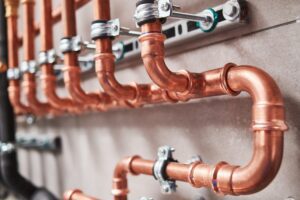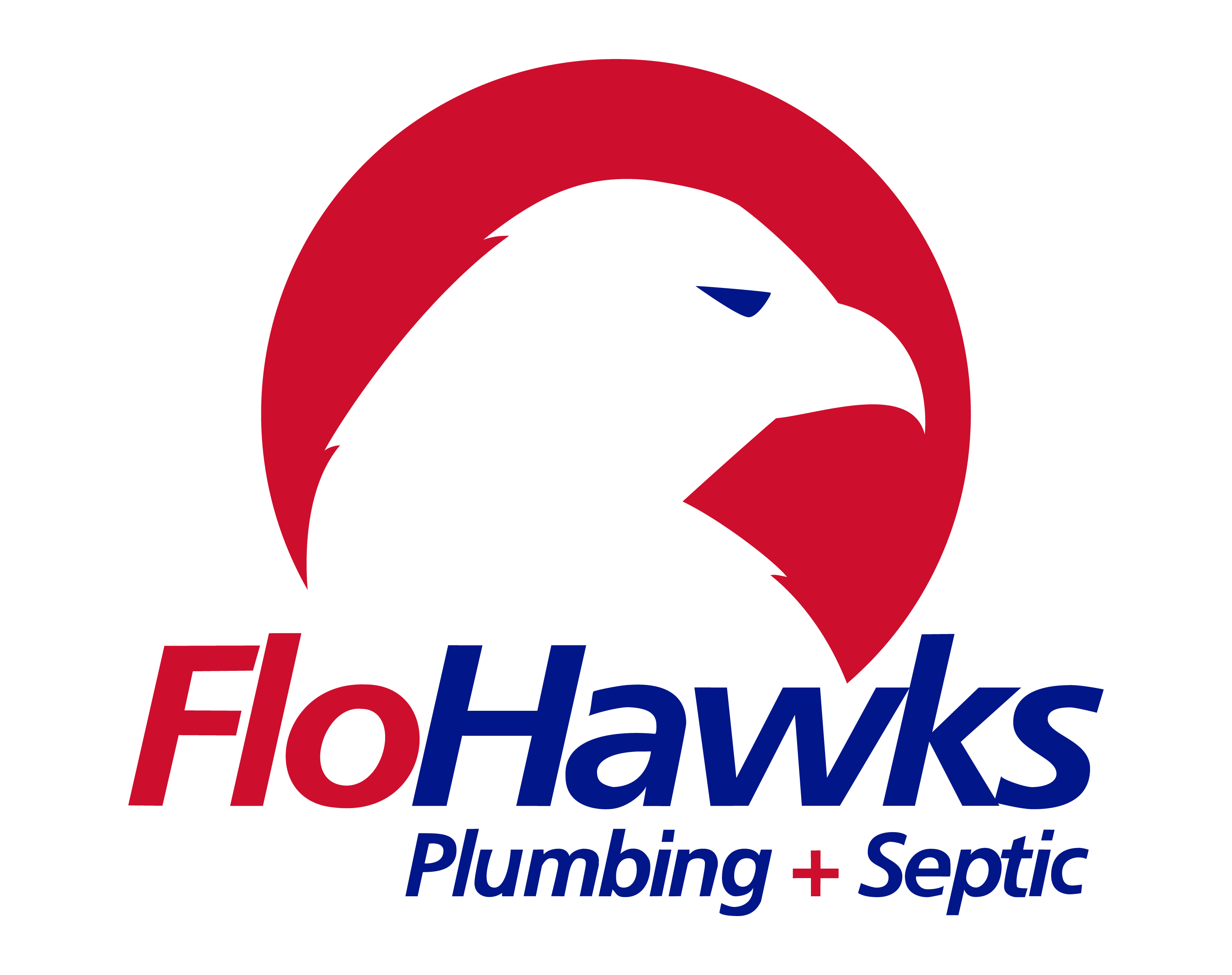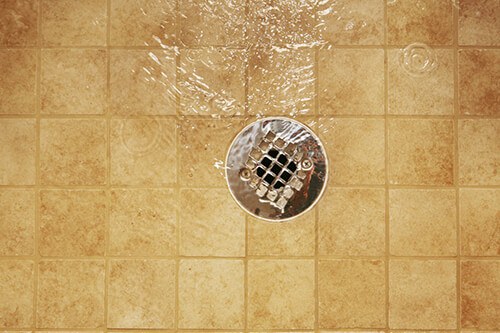

The floor drain is a direct route to the drainage pipes and sometimes the sewer. They are typically found around water heaters, basements, laundry rooms, and bathrooms. When you look at an installed floor drain, all that you typically see is the grill on top; the rest of the drain is buried in the basement floor so it’s easy to forget how important they are.
Ongoing drainage problems may be a sign that something more serious is happening underground. Don’t ignore the warning signs that there may be a pipe block – watch for the following:
- A slow-running sink or shower drain
- Foul-smelling odors from drains and sinks
- Gurgling sounds after the toilet has been flushed
- Frequent overflows of the floor drain itself
These warning signs may seem minor at first but a quick treatment may not necessarily rectify the underlying cause.
There can be any number of reasons why the floor drain or any other drain in your house stops flowing properly. Back-ups typically happen when there is a blockage somewhere along the piping. Since dirt and debris typically clog these drains, regular inspections can ensure that your drain is clear.
The most troublesome blockages occur when a sewer pipe breaks and fills up with dirt, requiring an extensive repair. Tree roots are notorious for causing an enormous amount of damage and are incredibly common. Poor installation and age are other common causes of broken pipes. Although cracks underground can go undetected for years, eventually water won’t be able to flow freely, the drain will be blocked, and water will back-up.
Another common yet easily avoidable type of floor drain problem is when homeowners take shortcuts in completing household repairs. Inexperienced plumbing installations and poor workmanship can leave your home with misaligned pipes or pipes that are repaired with the wrong material. These can be both costly and dangerous, leaving you with bigger headaches down the road. FloHawks is here to take care of you and takes pride in having our licensed professionals do it right the first time.
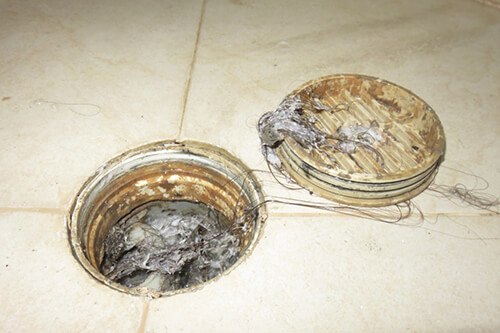

To prevent future clogs be careful what you put down the drain – some things to avoid:
- Hair
- Food particles
- Heavy grease
- Fats, oil or thick liquids
If there’s any question about whether or not something might clog your drain, throw it in the trash instead!
Let the professionally trained and experienced professionals at FloHawks help you with your floor drain. Contact us online or call us today at 1-800-356-4295.



